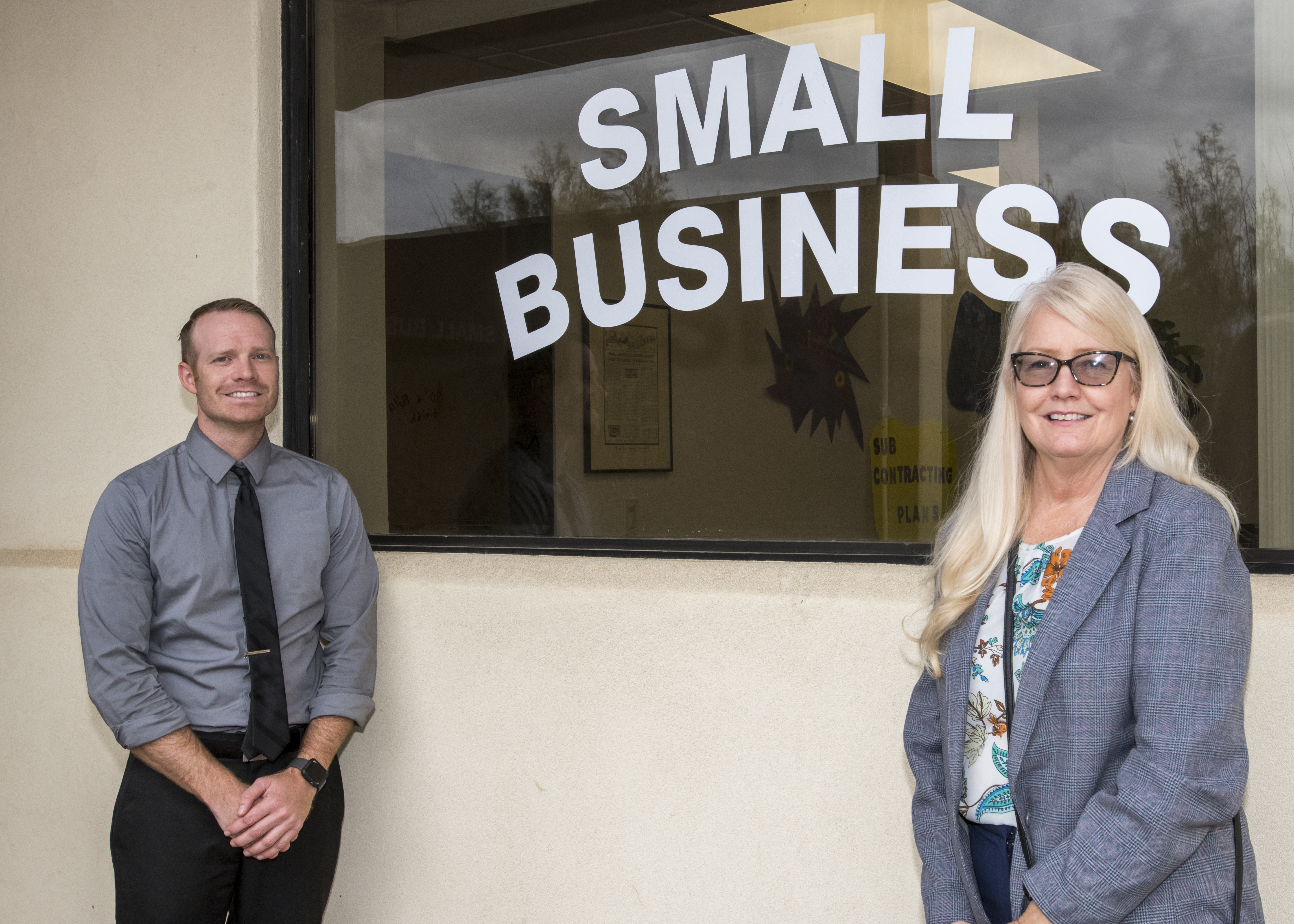Have a story idea
Have a story idea? Send it to us here.

Source : Giancarlo Casem
September 20, 2020
Author : Patty Rodriguez
Small businesses that have reopened in California are again seeing major slumps in business as the virus resurges in the state. Meanwhile, the governor has declared July to be All Small Businesses Month in California.
In a recent Wall Street Journal article, a number of businesses that have been forced to shut down again for a second time during the pandemic are profiled.
“Prior to the COVID-19 pandemic, 4.1 million small businesses operated in the state,” Governor Gavin Newsom (D), said. “These businesses employed 7.2 million people, or nearly half of the state’s total workforce, and were key drivers of the California economy – the fifth largest in the world.”
https://twitter.com/GavinNewsom/status/1145490255589642247
The state launched a toolkit with links to various resources for small businesses, from online marketing to shipping, “advice and resources” and trainings. It aims to help small businesses enter into the era of e-commerce, among other tech solutions.
“California’s small businesses are adapting to the new marketplace, integrating technology at higher rates than ever, developing creative ways to connect with clients digitally and repurposing to serve their communities with innovations that meet the moment,” Newsom said.
While California got the highest amount of loans through the Small Business Administration (SBA’s) Payment Protection Program (PPP) -- a total of $66.7 billion -- than any other state, it also has by far the largest economy. And it may not be enough considering that some businesses are closing again, according to the Wall Street Journal.
It’s difficult to determine how much of the PPP money went to Disadvantaged Business Enterprises (DBEs) Women Business Enterprises (WBEs), Minority Business Enterprises (MBEs), and disabled veteran businesses because the questions regarding these topics were optional on PPP loan applications. Ninety three percent did not answer.
https://twitter.com/nikiesnews/status/1284603036120125440
From the 7 percent that did answer, 11.9 percent were hispanic (hispanics makeup 39.4 percent of the state’s population).
Women fared even worse under the limited findings, with just 20 percent of PPP loans going to women owned businesses.
Lauren Hepler at Capradio has a good breakdown of how the Payment Protection Program has played out in the Golden State. She notes “For a program premised on saving paychecks, an awful lot of California recipients of PPP loans reported zero jobs saved as a result of the funding. About 4,750 companies and organizations that received $150,000 or more said zero jobs were retained.”
That accounts for about 20 percent of PPP loan recipients. An additional 60 percent were unable to save more than 10 jobs, according to OC Weekly.
In a section titled, “Silicon Valley’s government gold rush,” Hepler notes that the tech sector, “famous for its deep pockets” got sizable shares of federal relief. One company which got between $5 and $10 million laid off more than 400 workers during a two-minute Zoom call.
Like we’ve seen across the board , PPP funds have not always been allocated fairly. It’s up to the State of California to make sure it’s not just tech gurus, famous rappers and delivery companies like DoorDash that are getting coronavirus relief, but mom-and-pop stores and small contractors too. It will also be up to the state -- where ‘hispanic’ is the most common racial identity -- to make sure that it’s minority-owned businesses can survive the pandemic.
One impactful strategy state policymakers have undertaken in California and other states has been to promote outreach and participation in public works, connecting underserved subcontractors with state projects.
Christian Mejia, a “good faith effort” expert working for the bid outreach platform Compliance News, explains that even during the pandemic public works jobs have continued at a brisk pace in California and other states. He adds that more than ever, “outreach efforts have been important for aiding minority, women, veteran and other small businesses to find work in these down times.”
California and other states often require that companies bidding on public works jobs make an effort to utilize underserved subcontractors and small suppliers. This is called the “good faith effort".
Category : Minority Business Enterprises Small Business Enterprises Women Business Enterprises Coronavirus Pandemic Diversity Outreach Public-Private Partnership State Government
